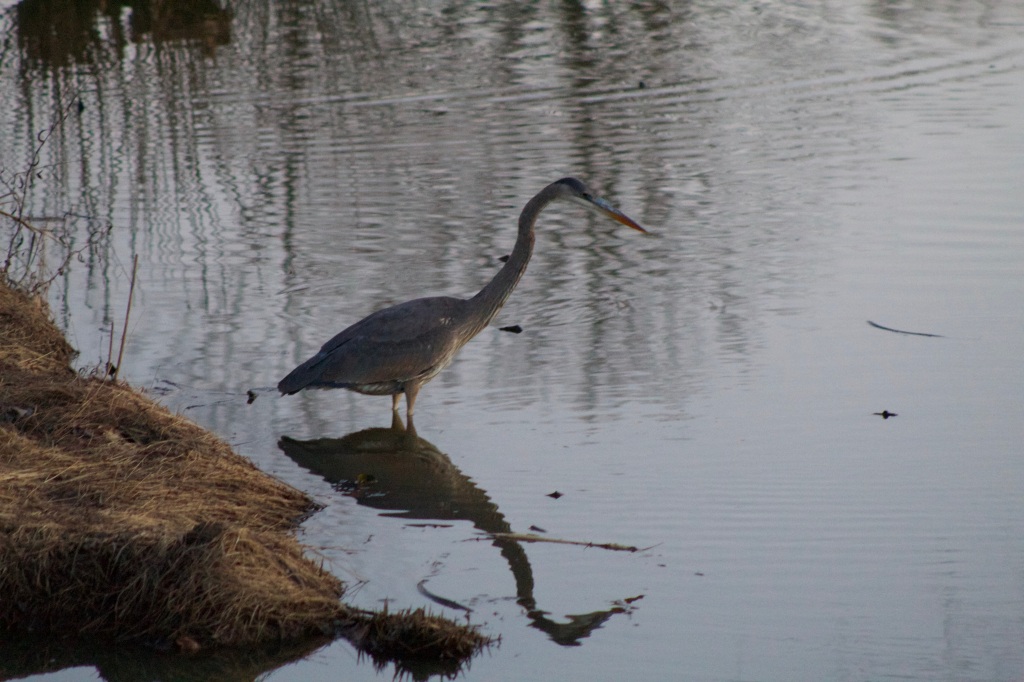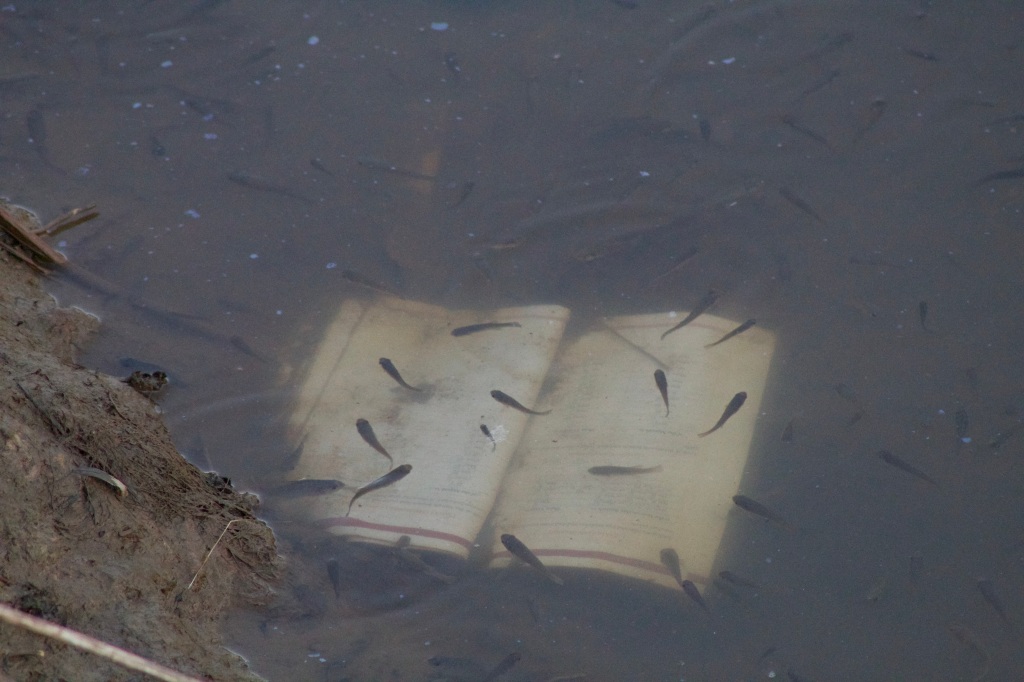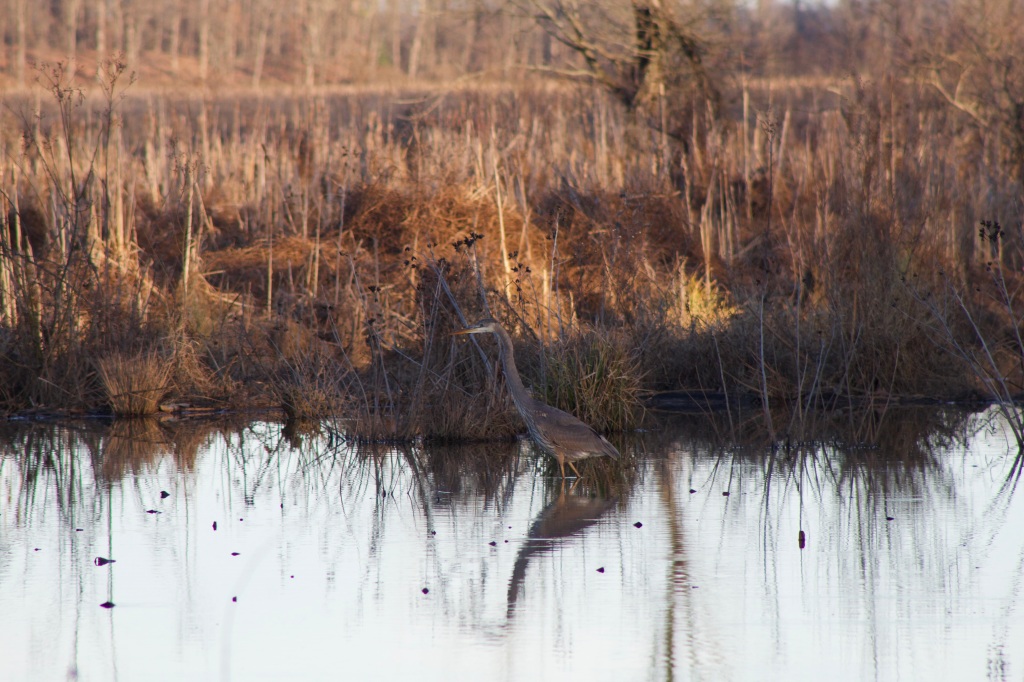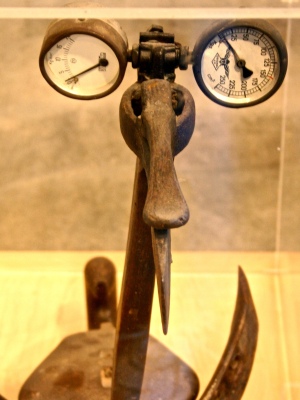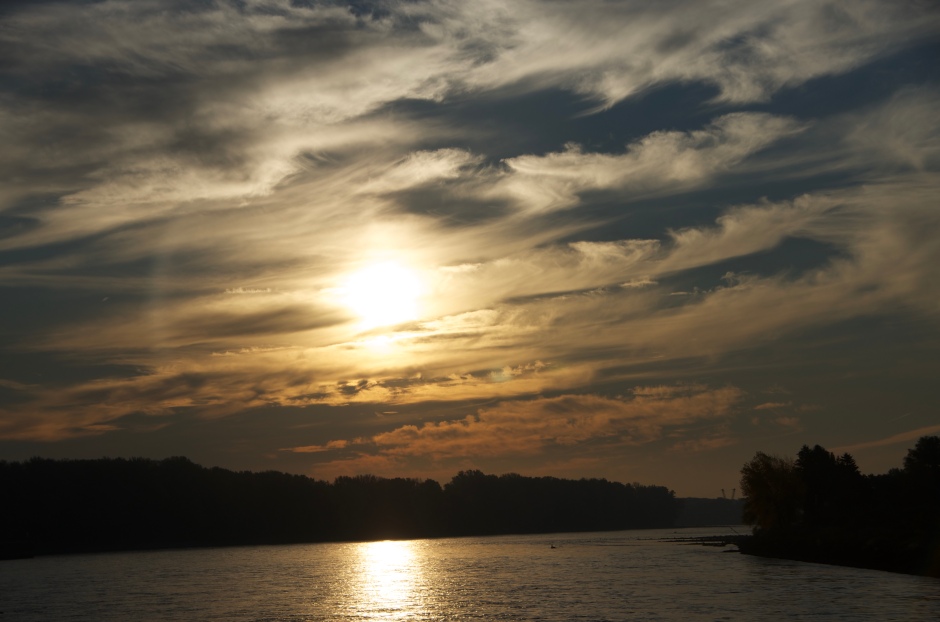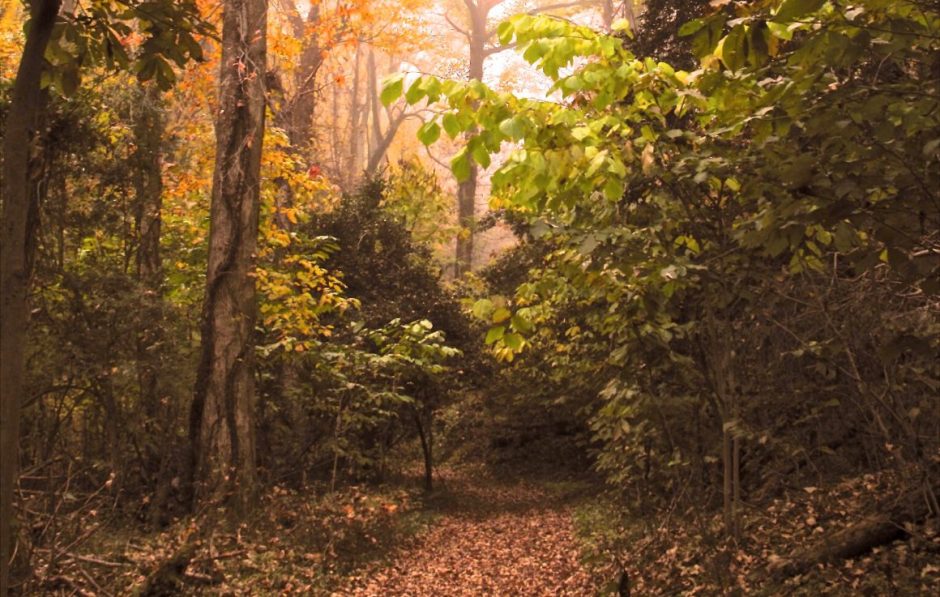Music, poetry and writing are the methods of following change in the U.S. Music uses repetition, rhythm and where it helps, rhyme. Rhyme is difficult because it has to further the message without over simplifying it. The movement of the blues and jazz, of black hymns, of swing, put such energy into music of the common man that we needed the sixties events to sway us into all of the rock genres. We had radios. That’s nothing in today’s world but in the sixties and seventies TVs and radios became cost effective to own. It was a social revolution. The process of miniaturization was on the development tables. We had seat belts in cars. We didn’t have to rely on a newspaper that was out of date before it was printed. No, words of the doings of man seemed rocketed to us. And we sang songs and danced to welcome the changes.
At the time I was in college studying music performance in the 70s, there was a dispute over the role of modern music (as it’s now labeled). We studied the classics, progressive, gregorian chant, romantics, baroque, and folk music through the ages. Plus we had our own style emerging in direct response to our environment. The music of the sixties and seventies was so powerful that it swayed a huge portion of the population into a passionate response. There were messages that were so powerful they couldn’t be spoken with the same impact. We demonstrated, stood up for rights and believed we could achieve them. We saw West Side story on the TV with Leonard Bernstein conducting. We wept tears at a story that Shakespeare told so long ago put into our world where racism was real and the South was dangerous. Times changed quickly. Things that seemed my parents had always known suddenly exposed themselves for what they were, new and changing to meet the demands of the entire population of the U.S.When I graduated in 1975, Native Americans were about to be given the vote if they lived on so-called government “reservations.” In 1976, Title 9 came into being giving women a new outlet in sport. It was a real challenge. In 1977, I was in the last basic training class of only women. We wore the Woman’s Army Corps insignia all the way through basic, and it was retired with our graduation. Standards changed and people changed with them.
Poetry and music lyrics share similarities, and they both deviate in how they are used. The tools are there. California Dreaming is said to have a simple set of lyrics, but the concept was new. The method of delivery was new. The fact that the idea was accessible was also something new. We’d seen and heard Elvis. He outlined the status quo for us. We saw John Wayne who was the ultimate macho man. We learned from the music that the Beach Boys sang. And there were many new lessons. We didn’t have to stay in one place for the rest of our lives. We could travel and that concept brought on a period of extreme social change, and because of the Kennedy brothers being murdered, the image of Jackie’s son saluting the flag covered coffin, the tragic death of Martin Luther King Jr, the music we heard was portraying both sides of our society, good and ill.
We knew more. We questioned our roles as women, becoming a stronger voice for the right to be more than in the past. Men had to choose an image that the TV wanted to suppress, macho or stupid were portrayed as the two options they had. The TV hyped Jackie Gleason and John Wayne. But there were strong elements there too ; The Smothers Brothers and Laugh In. Intelligence in both sides of our species. Only the messages mattered. I watched those “Commie Pinko Shows” with my parents and we loved to laugh at the mixture of music, jokes, skits and just plain fun. It was hard to believe that that was dissident thinking, it’s still hard for me to believe. It seemed like the John Stewart Daily Show, a representation of our world with humor.
My generation talked. My mother’s generation talked and we communicated. That was strange. For many many years when I needed a wise best friend, my mother was the one to turn to, she always had a song for an aching heart, a melody for an infant, a poem for a toddler. She’s still my best friend. But, I digress, we were talking about love and (deep breath) sex. That was new. We were talking about current events and we knew them because of the TV and radio. We talked about, sang about, and demanded social change. For a little while, things did change. It looked like the dreams of the 60s were coming true. I was all in favor of a nicer kinder world, like the one Stevie Wonder sang about. I loved his lyrics, music and optimism. I loved Peter Paul and Mary, and Janis Ian, Phoebe Snow, Shawn Phillips, the Who, and the what, where, and why.
Then came the period of the 80s and our social progression and ethics changed. We became more egocentric, the accumulation of things by adults became more intense. Money was the important thing. Do unto others before they do unto you. You saw the black rage at society with rap because of the inequities that life provided them, again with rhyme and a strong bass, words so powerful that they broke your heart, angered you, or made you sorrow. You had grunge begin in the white population in protest of materialism, surely there had to be more to life than this existence, and suicide took some of the best artists. You saw alcoholism appear strongly in music where it had been mostly in prose before that time. Drug addiction was still referred to with stealthy whispers, “Only that kind of person does drugs.”
Then the internet took off. We could afford computers at home that had more power in each case that the huge rooms of data banks from the past. They improved every day. Technology doubling itself, faster and faster. There was a rebooting of the seventies material in the 2000s, issues that had been laid aside, brought their messages back. It looks simplistic but it represents who and what we are today.
Poetry is complex with people finding a voice in a nearly forgotten format. It isn’t always clear in its message, it requires thought and the interpretation doesn’t guarantee that you understand what the author meant. But the reader’s message is equally valid. Old dusty professors will always come up with a different interpretation that those studying under them, twenty to forty years younger. Time changes our outlook. Music simplifies the message. Aaron Copland’s A Lincoln Portrait is straight forward and the music heightens the experience so you don’t forget the simple words. Puff the Magic Dragon was and is a story for the imagination of the young and old, not a drug message. Where have All the Flowers Gone is a song about the repetition of the mistakes that we repeat as a society. The Beach Boys was about having some fun and not becoming too serious to soon. “Little boxes on the hillside, little boxes made of ticky tack and they’re all made out of ticky tack and they all look just the same.” A protest about the loss of creativity and the sameness that felt forced upon us.
The audience and the message have to concur before fame occurs. We have something to say, audience needs to want it. Music and writing are two vehicles to send a message that will leave footprints long after we are gone. The amazing thing is that because of the internet, writing and music are marching around the world demanding to be read and heard. Cuba allowed some old English rockers to perform in Cuba and they wanted to go meet fans who could have been jailed for listening. They performed for free. Imagine that. Classical music is performed for free on the streets and plazas of the world. Day concerts of Beethoven, so that the music lives on. Bach is used to heighten our knowledge of math. So is Mozart. Wagner introduced a social message that helped bring on World War II and the quest for supremacy. What a powerful medium emerged! Tolkien took Wagner’s message and wrote a message of opposition and unity in the face of evil. There was a cartoon, Wizards, that took a cartoon audience through the message that Tolkien took four lengthy novels to write. Before Tolkien was Dickens with his eternal belief that we have to believe in the good of people, that good would overcome greed, that good people would be rewarded. There was Plath who suffered from severe bouts of depression, her poetry was part of her therapy. She needed meds. We all have a little bit of all who have come before and while poetry-blind as the times may be, I know a revolution of poets just waiting to emerge. Just check in on LinkedIn.
It isn’t the written word alone that is swaying thought, it’s the combination of music and attainable art, attainable word, dance, politics, social ills, and the acceptance of change. There is nothing simple about it. I find myself singing the damnedest things at strange moments. And behind all of the musicians, writers, politicians, do gooders and tyrants are the messages that the common human needs to hear to preserve their sense of self. There’s nothing simple about lyrics, only that when analyzed out of context and condemned as primary, elementary, simplistic, and even moronic, aren’t. But the analyst is a fool to think they can control the reception something gets. We’re evolving, and we demand the right to hear ourselves reflected in art.
